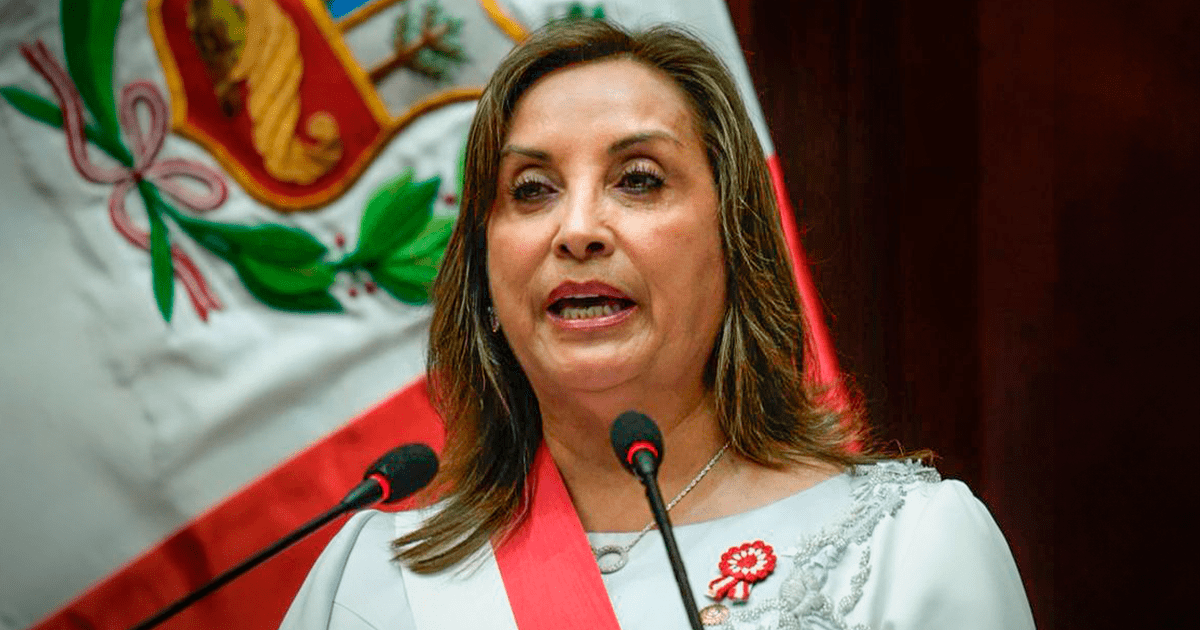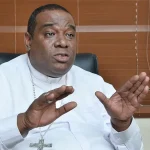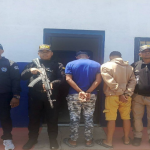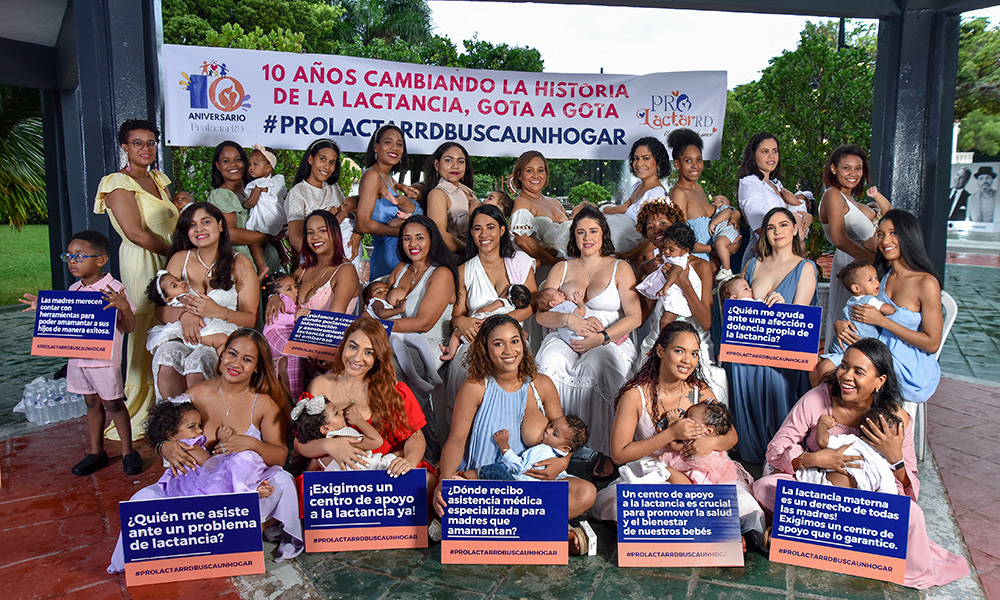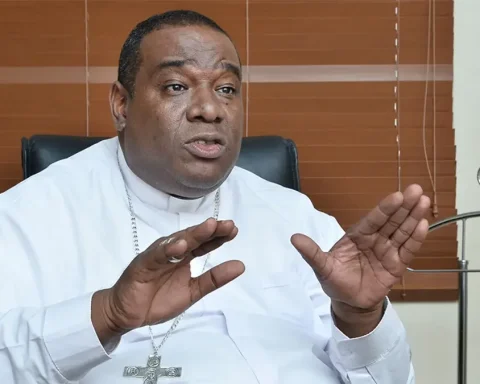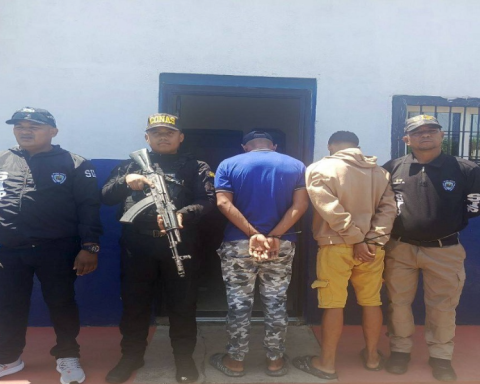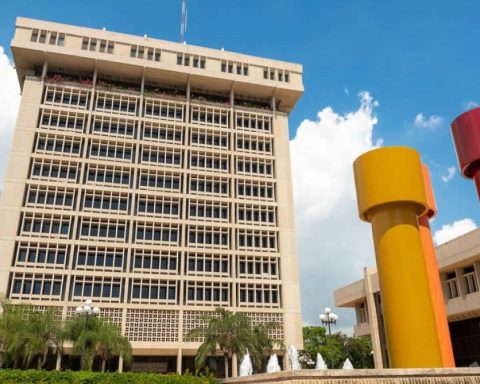The President’s Government Dina Boluarte took a step towards impunity by not observing the ‘fujiley’ that prescribes crimes against humanitywhich was questioned by national and international organizations that defend human rights, as well as by the Inter-American Court of Human Rights (IACHR) with the issuance of provisional measures in this regard, which were ignored by the Executive Branch. Once the deadline for the signature of the law to be observed has expired, it will return to the Congress of the republic for its promulgation.
The initiative promoted by the Fujimorism It favours those who committed crimes against humanity in the 1980s and 1990s, since those convicted and prosecuted for crimes considered to be crimes against humanity could – under the protection of this law – request the annulment of their sentences or ask for the annulment of ongoing judicial proceedings.
It should be noted that all crimes have a statute of limitations, except those that the Prosecutor’s Office classifies as crimes of It hurts humanity in order to ensure that there is no impunity in complex cases that take decades to be resolved through criminal proceedings. What the initiative proposes is that crimes committed before 2002, the date on which the Peruvian State adhered to the Rome Statute, should expire without punishment.
“No one shall be prosecuted, convicted, or punished for crimes against humanity or war crimes for acts committed prior to July 1, 2002, under penalty of nullity and functional responsibility. No act prior to that date may be classified as a crime against humanity or war crimes,” the project said. Fujimorist.
The Government chose not to observe the project, even though the Ministry of Justice avoided requesting a report from the General Directorate of Human Rights. On this matter, they only agreed to keep the technical opinion of the Directorate General of Criminological Affairswhich considers the standard to be “viable with observations.”
The initiative will be in the hands of the Congress of the Republic.
Controversy over the impunity law
The initiative, promoted by Fujimori congressman Fernando Rospigliosi and José Cueto, has been the subject of criticism by various state entities and international human rights organizations, who have urged the Congress of the republic not to support it.
The IACHR He recently demanded that the country annul the legislative proposal, emphasizing that “through its three branches it should take the necessary actions to render the bill void.” However, the President of the Council of Ministers spoke out on the matter and said he was “outraged by the decision” made by the entity.
The Public Prosecutor’s Office through the Board of Supreme Prosecutors issued a statement rejecting the project. The Inter-American Commission on Human Rights (IACHR) for its part expressed concern after the first vote, arguing that it disregarded the rulings and reparations for victims of the period of political violence that affected Peru between 1980 and 2000.
Meanwhile, the National Coordinator of Human Rights (CNDDHH) rejected the approval of the legislative initiative in the first vote through a post on its social networks stating: “We firmly oppose an amnesty law that allows the statute of limitations for crimes against humanity in Peru. It represents a serious setback in the search for justice and truth against human rights violations,” the group wrote on its X account (formerly Twitter).
